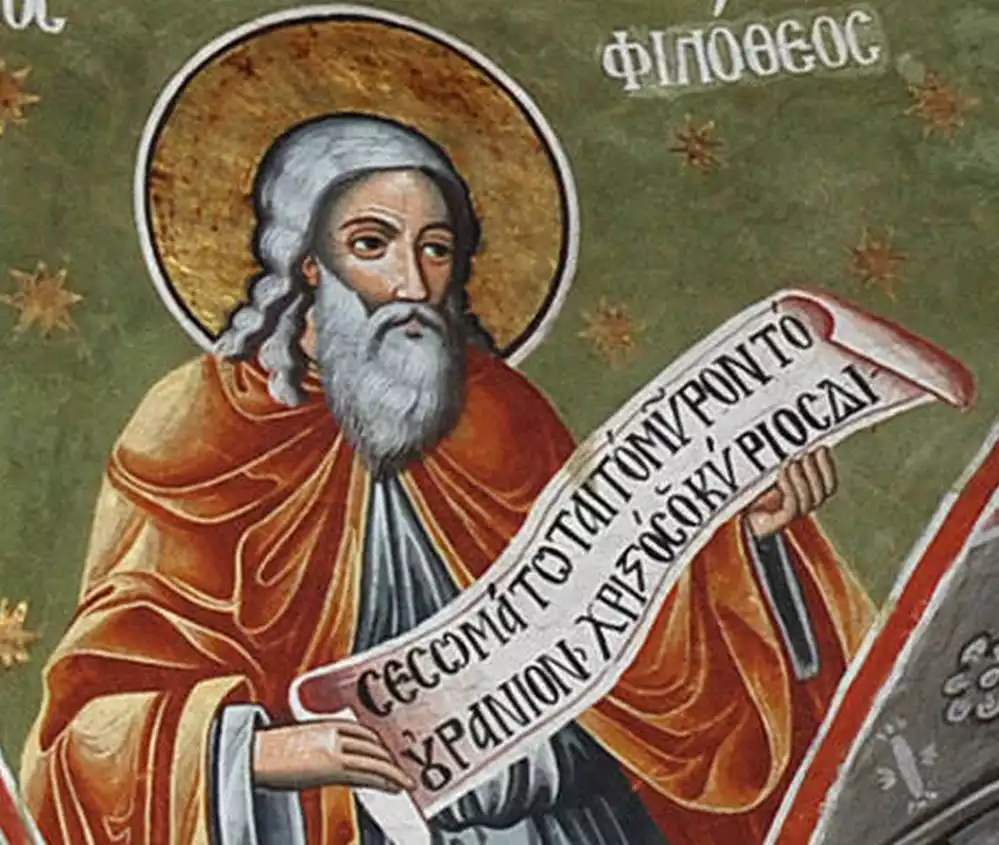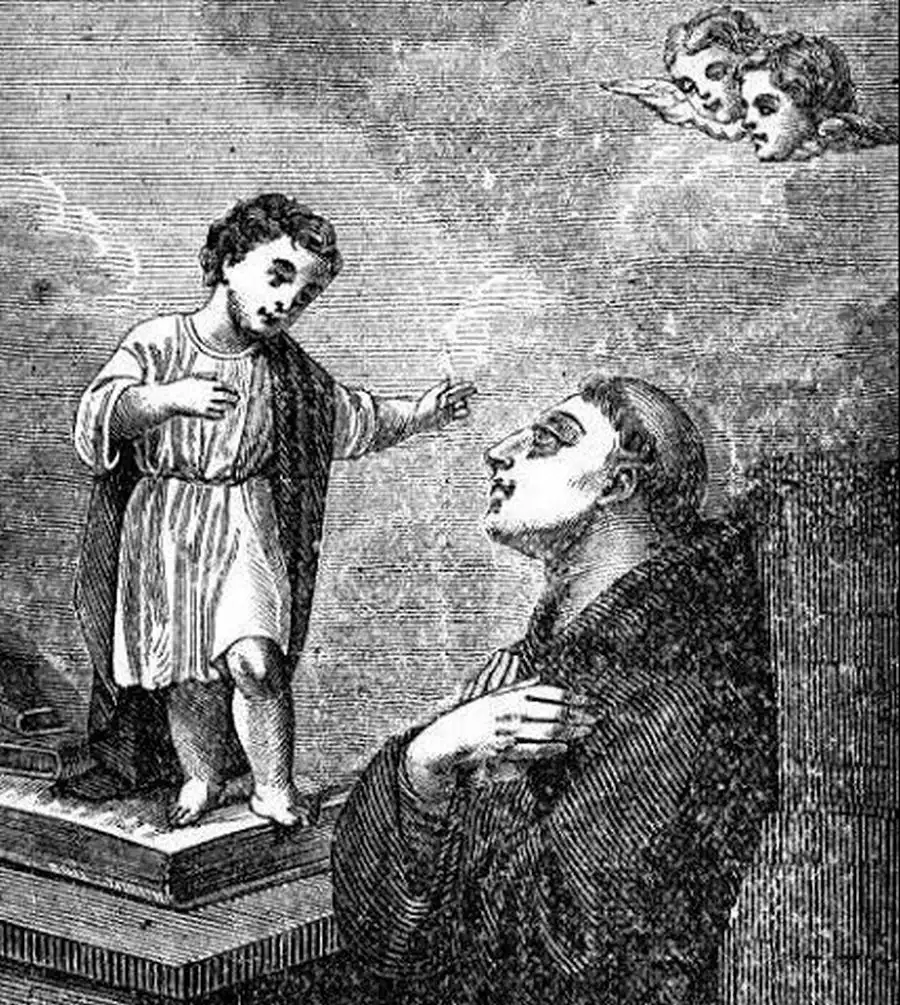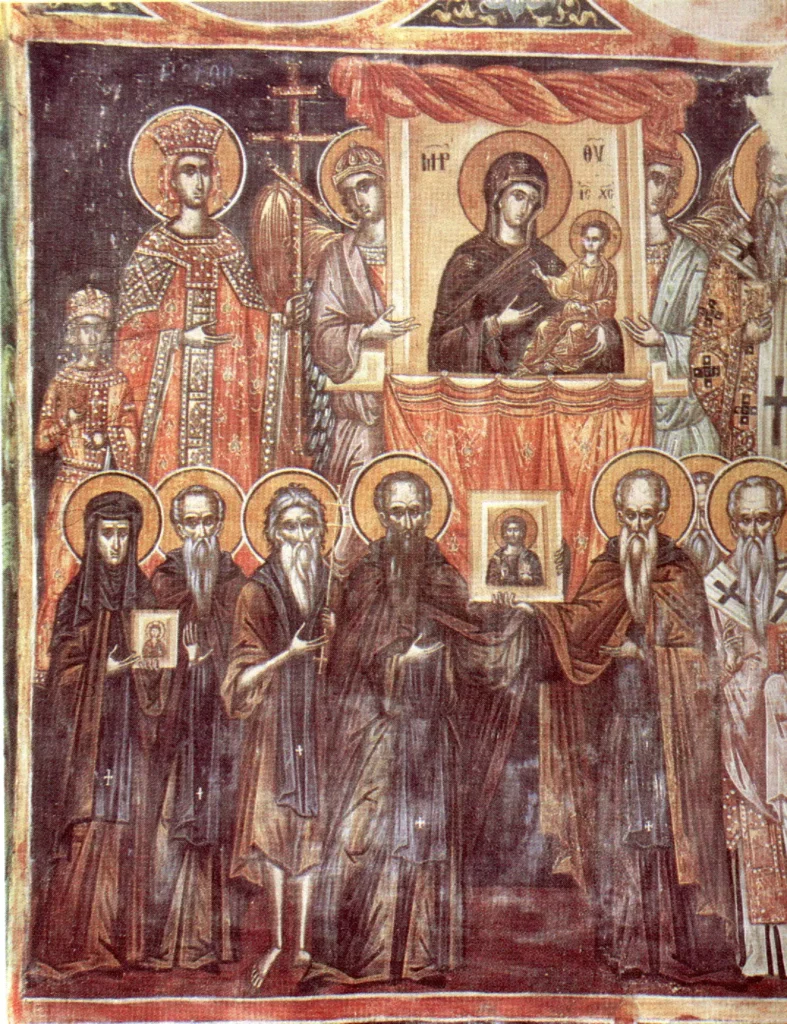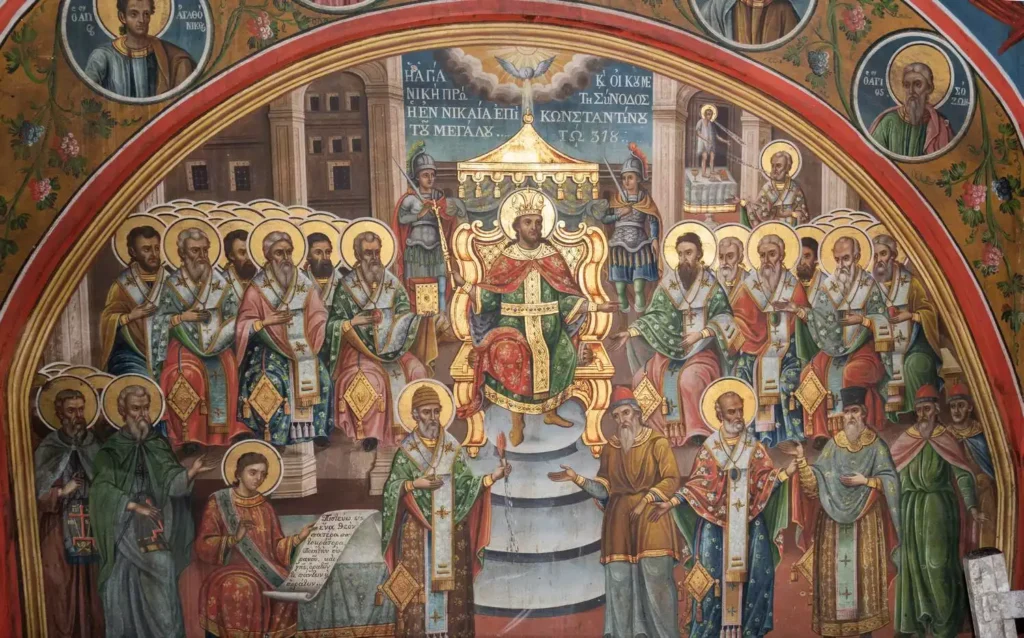Kokkinos, Saint Philotheos | Ecumenical Patriarch

Saint Philotheos, born around 1300 in Thessaloniki and passing away in 1379, stands out as a pivotal figure in Orthodox Christian history. Renowned for his scholarly and clerical accomplishments, he was deeply involved in the Hesychastic controversies, a movement centered around the practice of inner stillness and prayer. Early Life and Ascetic Endeavors Saint Philotheos’ […]
Paschasius Radbertus, Saint | Carolingian Theologian

Saint Paschasius Radbertus, a pivotal figure in the Carolingian Renaissance, was born circa 785 and passed away in April 865. His theological work, particularly regarding the doctrine of the Eucharist, has significantly shaped Christian thought. As a monk and later abbot of Corbie Abbey, Radbertus dedicated his life to theological study, leaving an indelible mark […]
250 AD Persecution under Emperor Decius

In the turbulent milieu of 250 AD, the Roman Empire witnessed an unprecedented religious upheaval under Emperor Decius. His edicts instigated a severe persecution of Christians, a pivotal moment in the early Church’s history. Decius, born circa 201 AD and deceased in 251 AD, aimed to restore traditional Roman values and religious practices, inadvertently […]
Heresy – Definition, History, and Religious Context

Heresy, a term rooted in religious discourse, signifies a deviation from established religious teachings, particularly within Christian contexts. Its historical emergence reflects the church’s evolving understanding of orthodoxy and the boundaries of acceptable belief. This concept, while not explicitly termed ‘heresy’ in the Bible, aligns with admonitions against false teachings found in New Testament texts […]
